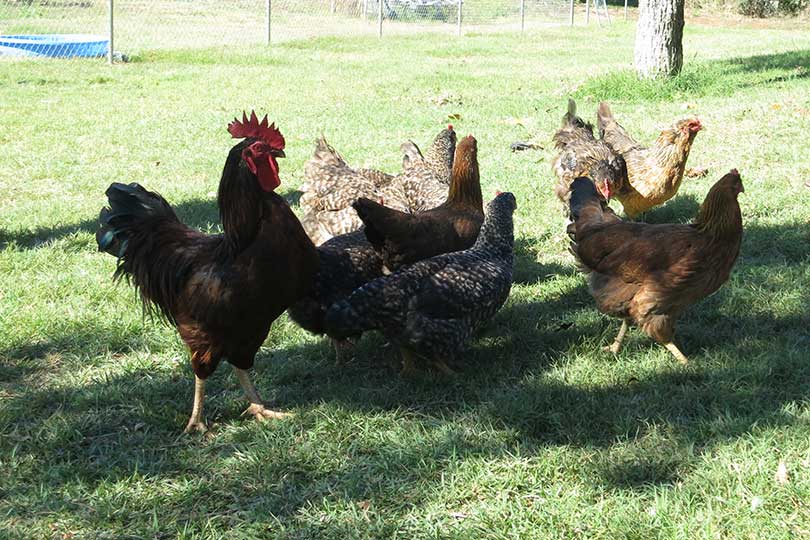By Shala Watson
Public Relations Intern
Backyard poultry operations in Texas are just as susceptible to avian influenza as commercial poultry operations. Officials hope the tens of thousands of backyard operators in the state remain vigilant with their biosecurity efforts.
The highly pathogenic avian influenza (HPAI) is an extremely infectious and highly fatal disease. The virus can be spread by contaminated manure, equipment, rodents, insects, vehicles and by clothing and shoes. Once established, the disease can spread rapidly from flock to flock.
According to the Texas Animal Health Commission (TAHC), just one gram of contaminated manure can contain enough virus to infect 1 million birds.
Last year’s outbreak in the Midwest was the largest to date, according to Texas A&M AgriLife Extension Service’s Avian Influenza and Biosecurity Practices publication.
Biosecurity efforts and diligent maintenance by the Texas Animal Health Commission helped the Lone Star State escape the outbreak, according to the commission’s Public Information Officer Thomas Swafford.
But that doesn’t mean Texas isn’t vulnerable.
“They are just small operations from four to 10 chickens. A lot of times people are usually just raising them for eggs so we just want to make sure people are in the know and they’re educated on how to take care of their chickens properly,” Swafford said.
And all domestic poultry are susceptible to the disease. As migratory birds travel this spring, there’s an increased risk for avian flu.
TAHC officials encourage backyard poultry operators to take extra precautions. Limiting exposure to wild birds and avoiding sharing cages, coops and equipment with others can help minimize chances of avian flu.
For more information on biosecurity, visit TAHC’s website at www.tahc.texas.gov.

